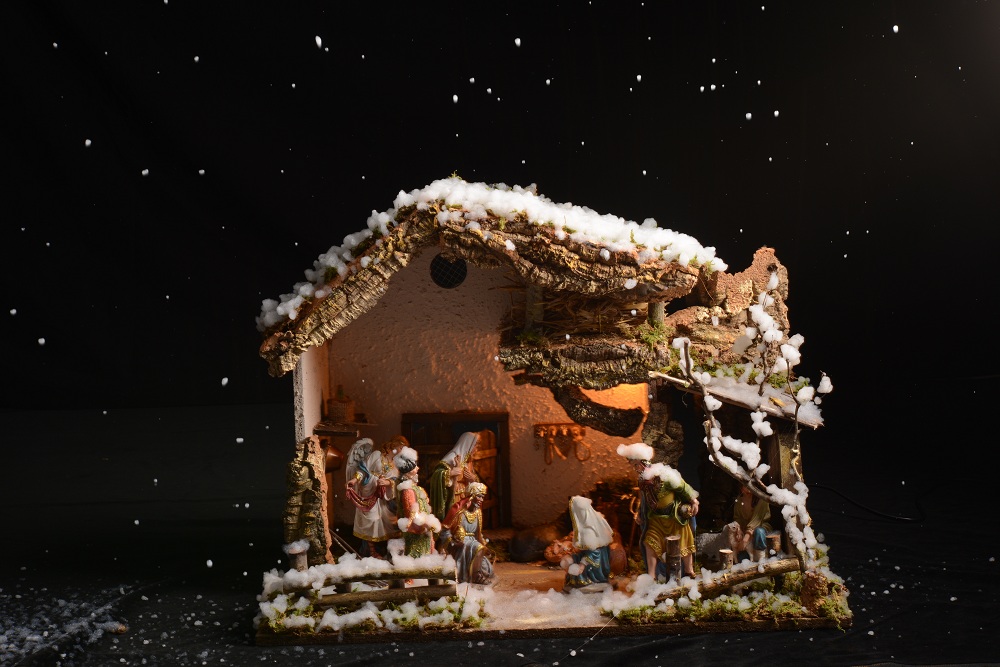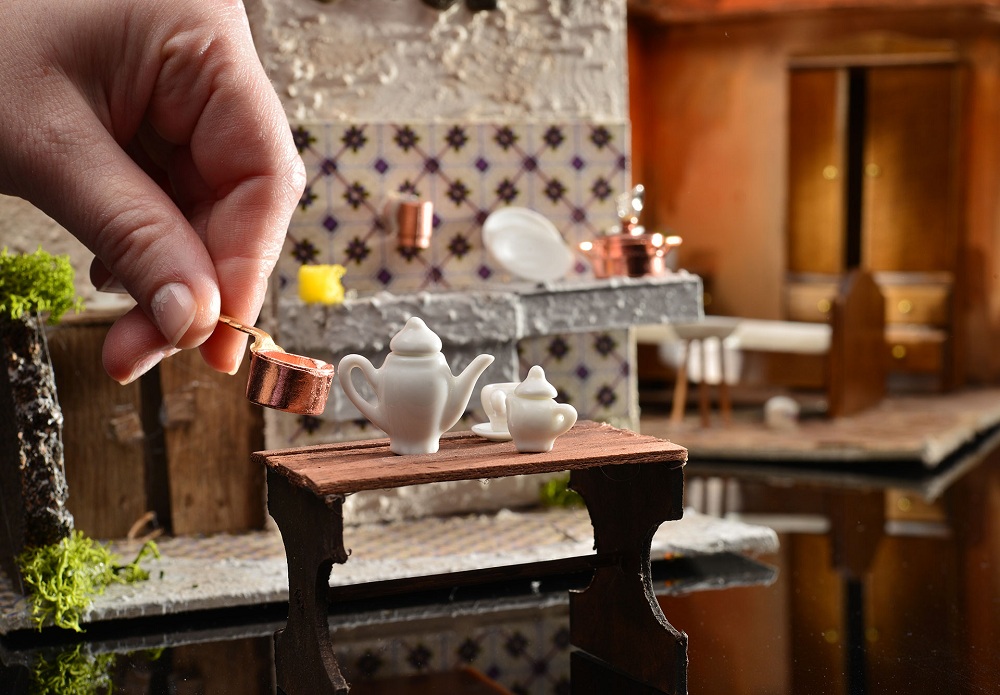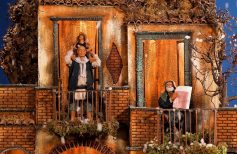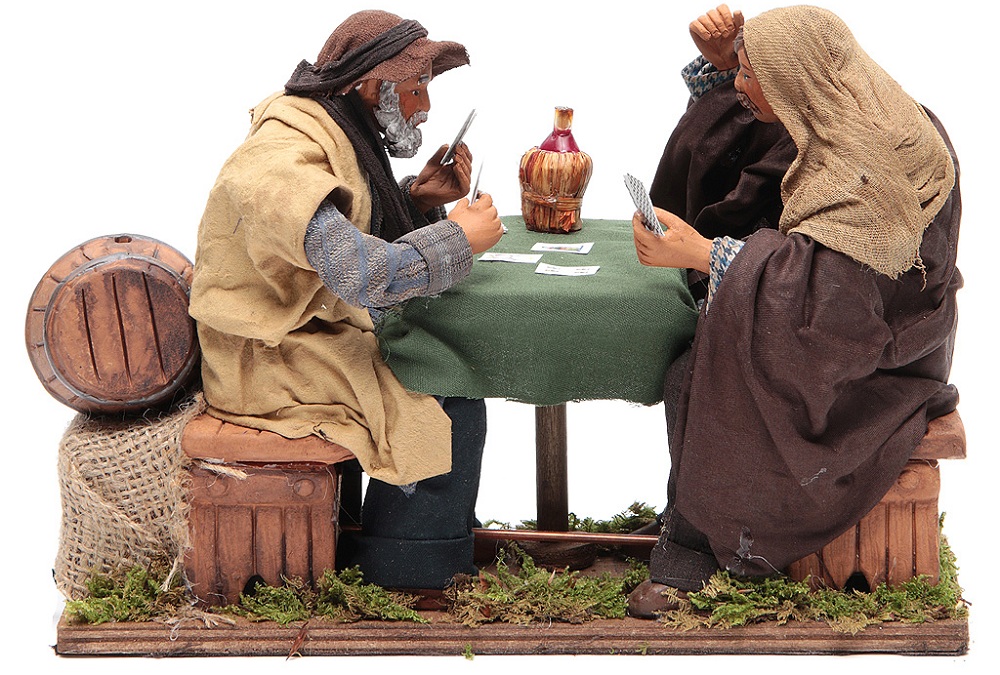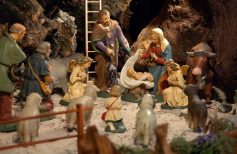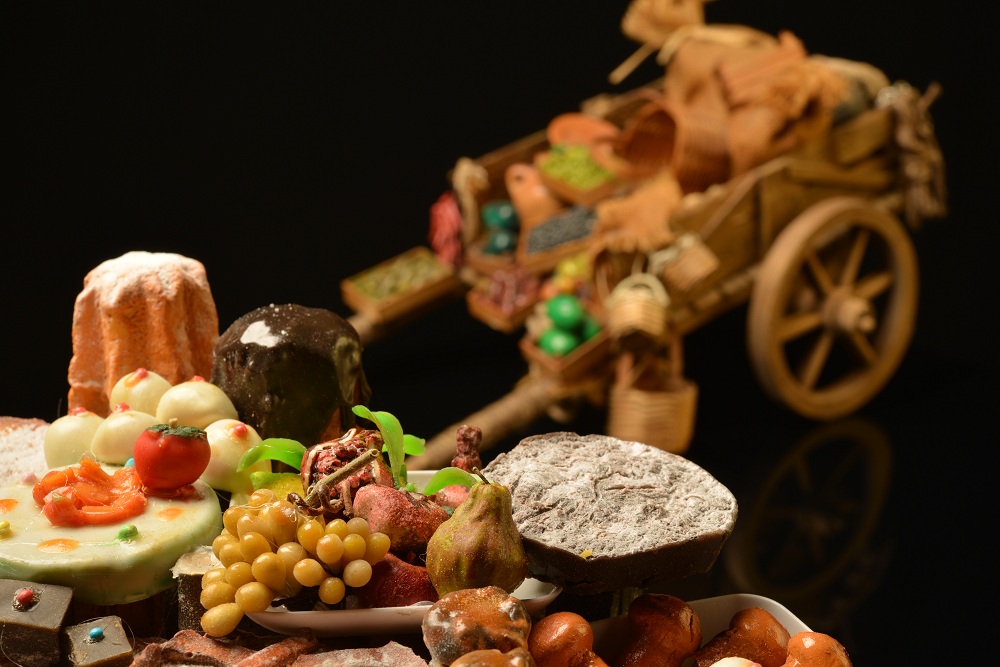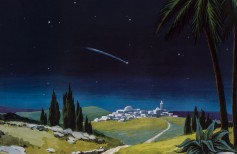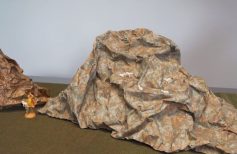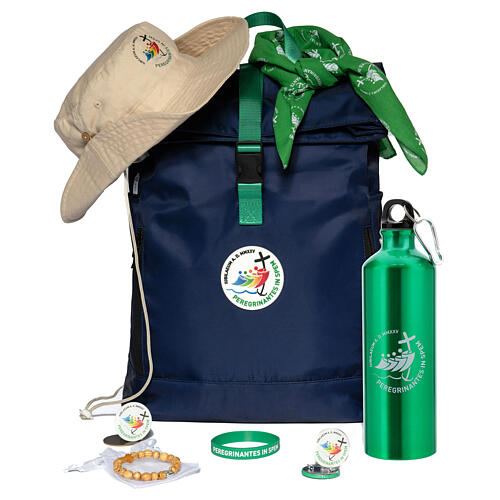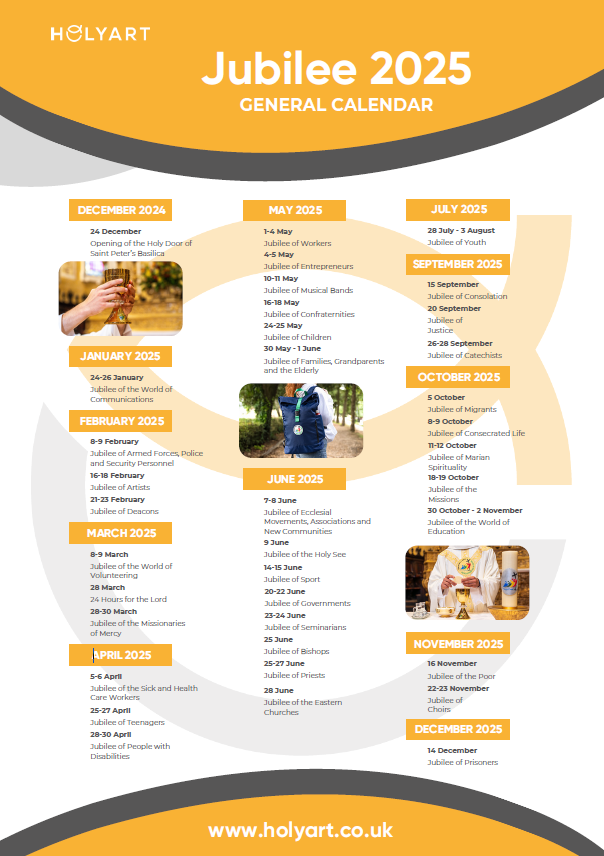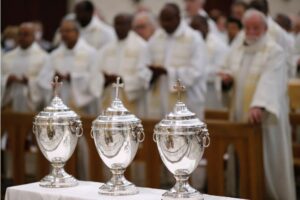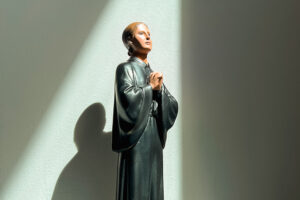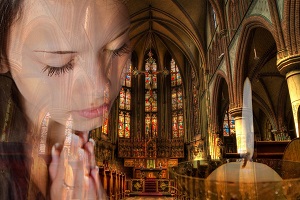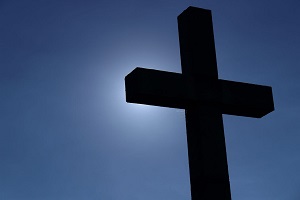Nativity lovers know it well: making realistic snow is not easy.
Although it is unlikely that there was snow in Palestine the night when Jesus was born, from the beginning there has been the tendency of setting the Nativity in the environment in which they lived. Hence the need, in some cases, to add realism to the scene with the snow.
Various methods have been devised over time to reproduce it, both more or less realistic. In the past salt, flour, powdered sugar, talcum powder, cotton wool, soda, chalk were used. Today they often use synthetic materials, such as sodium polyacrylate or the instantaneous snow spray.
Nevertheless, nativity lovers go further. There are real electronic systems to make very realistic and beautiful snow. With the aid of an aerator or a nebuliser, you can recreate the illusion of real snowfall, even creating the intensity and texture of the flakes.
A unit of LED lighting (snow generator) with electronic effects can recreate snow and ice on any surface, while a sound system will give realism to the scene with the sound of wind or flakes falling. Others prefer to use slides depicting the snowy landscape.
Then there are machines that create the snow, which allow you to reproduce spectacular snowfalls with flakes that really dissolve. They are scenographic-patented devices for the production of artificial snow. The snow machine is created to produce real snow starting from a liquid ingredient, with the ability to adjust the intensity and direction of the flakes according to their needs. The technology ensures low noise and almost dry, light snow that dissolves as it touches the ground. Alternatively, you can set up a very intense snowfall that will play during a few minutes of the nativity with a beautiful and realistic white blanket.

